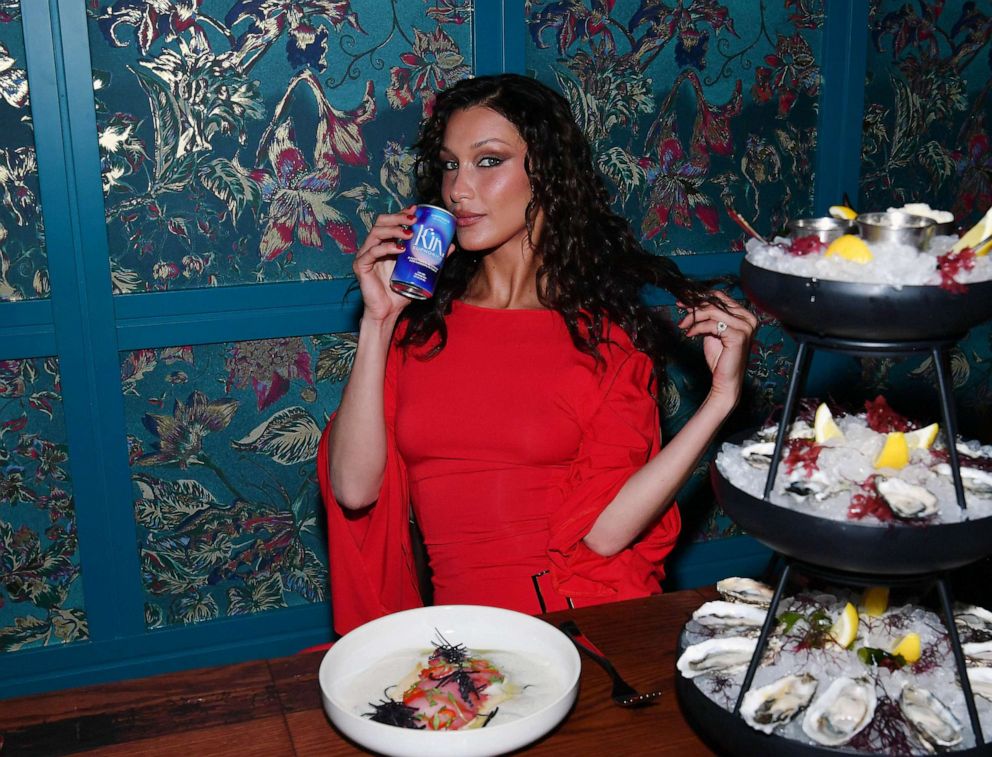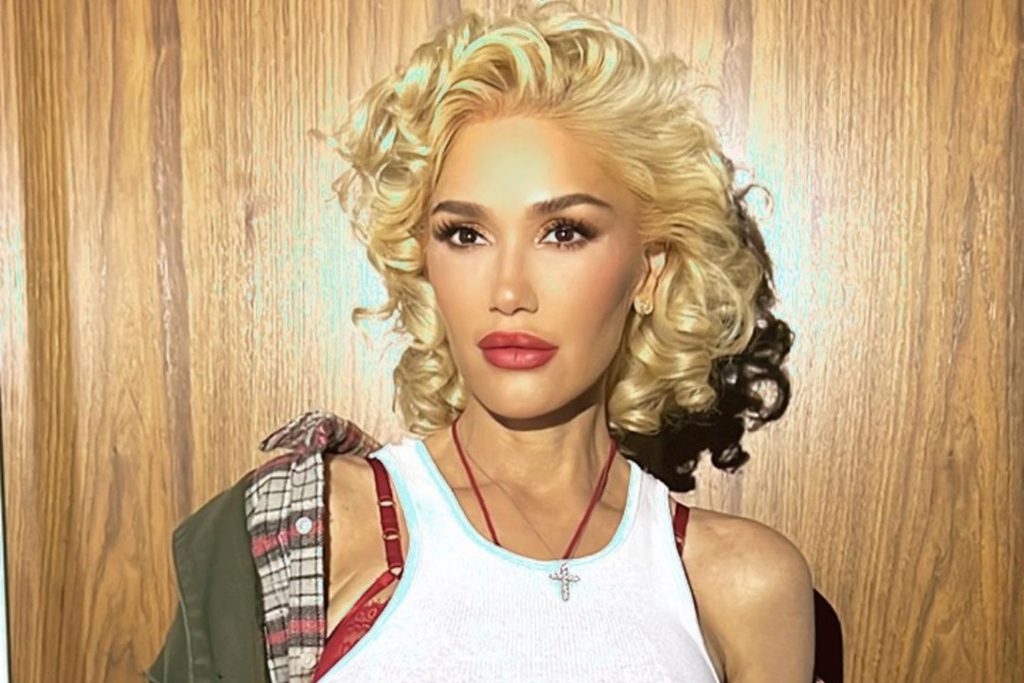Bella Hadid, the supermodel and entrepreneur, opened up to InStyle in January 2022 about her decision to cut back on alcohol. She explained that she had started to feel out of control and noticed the negative impact it had on her health and mental well-being.

Hadid’s decision to reduce her alcohol consumption reflects a growing trend of individuals reevaluating their relationship with alcohol. This trend includes the “sober curious” movement, which encourages individuals to question the role of alcohol in their lives, and the practice of taking alcohol breaks, such as Dry January.

According to addiction specialist Kristina Wandzilak, celebrities like Hadid are changing the face of sobriety. In the past, people believed that one had to be an alcoholic to take a break or get sober. However, today, a younger generation is doing things differently and learning how to connect with each other without relying on alcohol or drugs.

Hadid is not alone in her journey towards sobriety. Other celebrities, such as Chrissy Teigen, Drew Barrymore, and Cheryl Burke, have also been open about their experiences.

Sharing one’s sobriety publicly can provide accountability and support, especially if an individual has millions of followers who are joining them and celebrating their progress. As Wandzilak notes, public sharing can be encouraging and provide a lot of positive reinforcement.

Hadid is also a partner and co-founder of the non-alcoholic beverage company Kin Euphorics. Before joining the company in 2021, she regularly used Kin’s products to help “calm” her brain. Hadid explained to InStyle that she no longer feels the need to drink alcohol because she knows how it affects her mental health.

Research has shown that drinking just one daily serving of alcohol of less than one ounce for women and around 1.5 ounces for men increases the risk of death. The U.S. Centers for Disease Control and Prevention defines moderate alcohol intake per week as seven servings or less for women and 14 servings or less for men. Heavy drinking is typically defined as consuming eight drinks or more per week.

One serving of alcohol is defined as 5 ounces for wine and just 1 1/2 ounces for hard alcohol, much less than what is typically served in bars, restaurants, and people’s homes.

In conclusion, Hadid’s decision to cut back on alcohol reflects a growing trend of individuals reevaluating their relationship with alcohol. Public sharing of sobriety can provide accountability and support, and celebrities like Hadid are changing the face of sobriety. Furthermore, non-alcoholic beverage companies, such as Kin Euphorics, are providing alternatives to alcohol that can help individuals achieve mental clarity and reduce anxiety.






